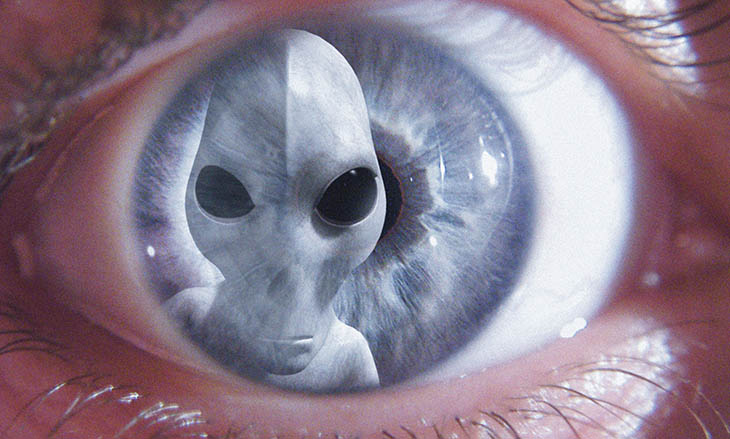This article was originally published at the defunct Skepticblog.org on June 7, 2011. An archived version is available here.
 Skeptical pioneer Isaac Asimov (a founder of CSICOP, now called CSI) produced such a staggering library of books (over 500!) that his multiple autobiographies were merely punctuation. I have three Asimov autobiographies in the Junior Skeptic library. Sometimes, just for fun, I pull one down at random, flip it open, and read the first two pages my eye happens to fall upon. Each time I do this, I inevitably
Skeptical pioneer Isaac Asimov (a founder of CSICOP, now called CSI) produced such a staggering library of books (over 500!) that his multiple autobiographies were merely punctuation. I have three Asimov autobiographies in the Junior Skeptic library. Sometimes, just for fun, I pull one down at random, flip it open, and read the first two pages my eye happens to fall upon. Each time I do this, I inevitably
-
read something funny;
-
learn something interesting;
-
and, feel a blog post spring ready-made to mind.
This certainly happened when I read Asimov’s tale of his personal experience of psychic premonition or divine intervention — in the form of a literal poke on the shoulder.1 Read more
